The fashion industry, often criticized for its environmental impact, is undergoing a profound transformation with the rise of circular fashion startups. These startups are creating solutions to minimize waste, reduce carbon emissions, and promote sustainable practices throughout the fashion lifecycle.
From upcycling textiles to developing innovative recycling technologies, these startups are driving the shift toward a more sustainable and circular economy.
This post highlights some of the most innovative circular fashion startups to watch in 2025, exploring their missions, impacts, and unique solutions.
Circ: Pioneering Textile Recycling Technology
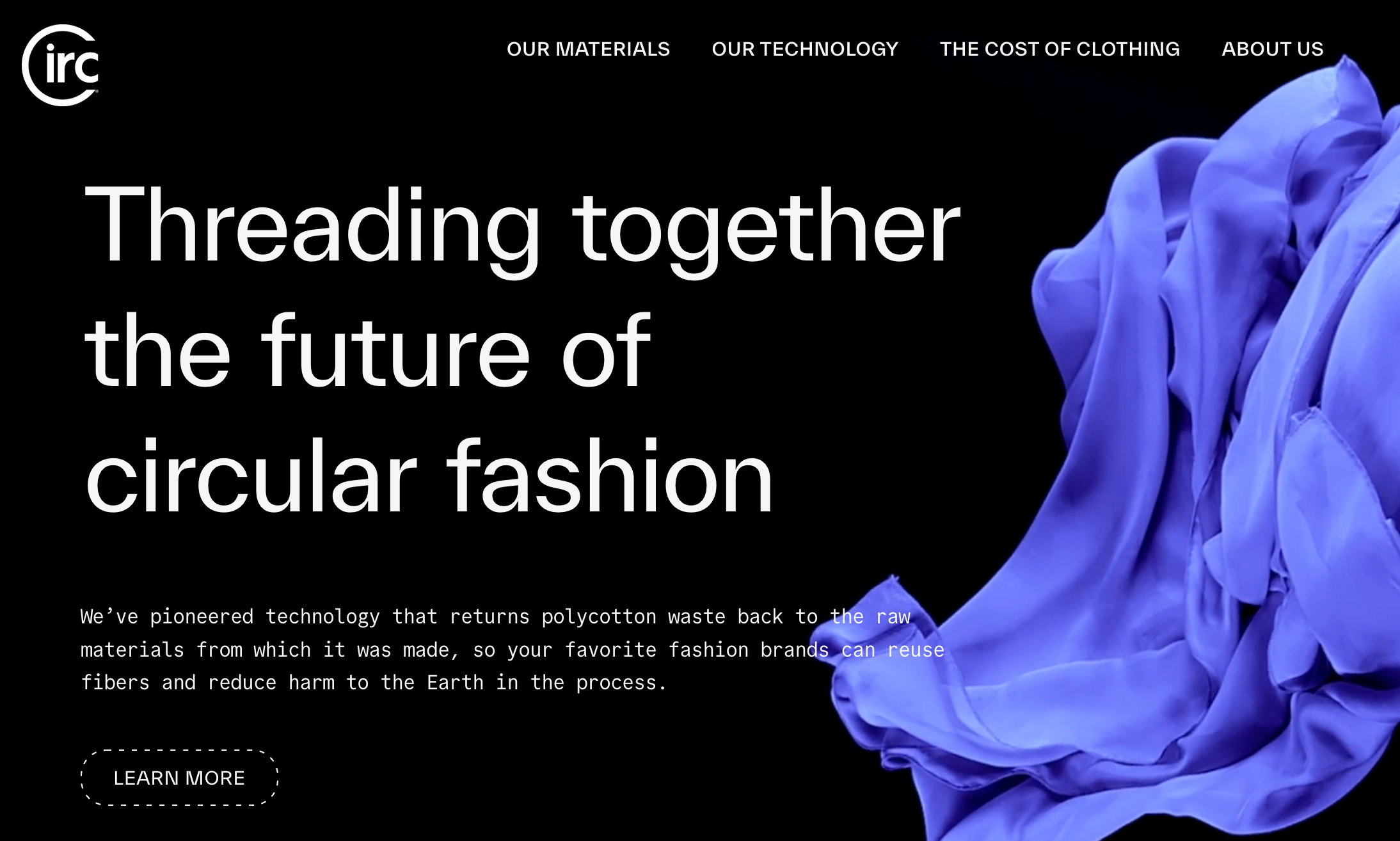
Circ is redefining textile recycling by developing a proprietary technology that breaks down polycotton waste into its original fibers—cotton and polyester.
This closed-loop process allows for the reuse of fibers in creating new garments, reducing the demand for virgin materials and minimizing textile waste.
Mission: Circ’s mission is to create a future where all textiles are recycled, and waste is eliminated from the fashion industry.
Impact:
- Waste Reduction: Diverts millions of tons of polycotton waste from landfills annually.
- Fiber Recovery: Produces high-quality fibers suitable for manufacturing new garments, closing the loop on textiles.
- Industry Adoption: Collaborates with global fashion brands to incorporate recycled materials into mainstream collections.
Unspun: Custom-Fit Denim with Zero Waste
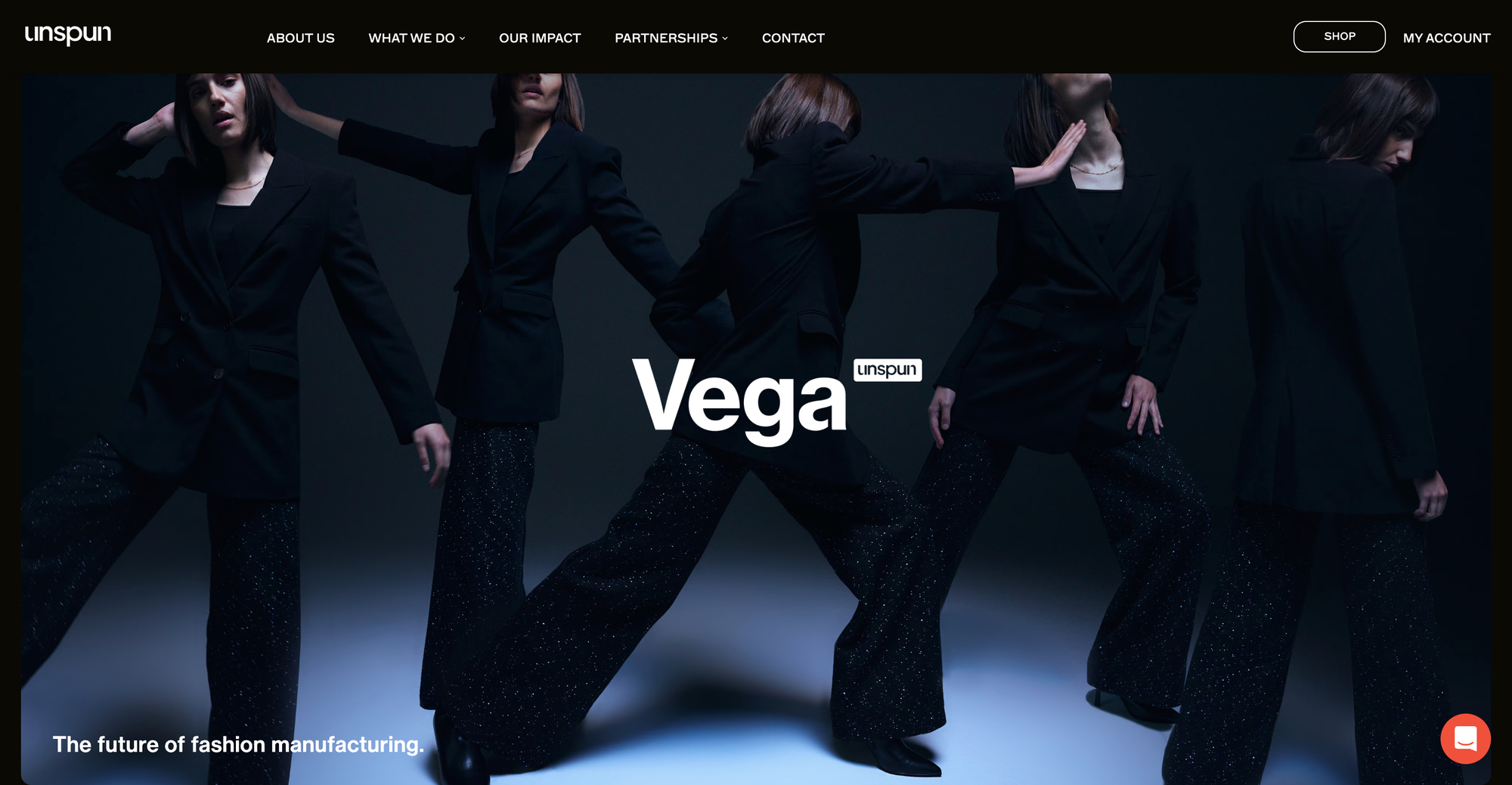
Unspun is revolutionizing the denim industry with its custom-fit jeans created using 3D weaving technology. The startup eliminates traditional production waste by creating each garment to order, ensuring a perfect fit while significantly reducing environmental impact.
Mission: Unspun’s mission is to eliminate fashion waste by leveraging cutting-edge technology to produce custom-fit clothing that aligns with the principles of circular fashion.
Impact:
- Zero Waste Production: Unspun's 3D weaving technology eliminates fabric waste by producing only what is needed for each individual garment.
- Sustainable Materials: The company prioritizes sustainable textiles, including recycled and organic materials.
- Reduced Carbon Footprint: By producing locally and on-demand, Unspun minimizes transportation emissions and energy use in the manufacturing process.
Evrnu: Textile Recycling Innovators

Evrnu develops advanced textile recycling technologies that break down old garments into high-quality fibers for reuse. Their patented NuCycl™ technology transforms textile waste into new, premium materials.
Mission: To close the loop on textile waste by creating circular solutions for the fashion industry.
Impact:
- Waste Reduction: Diverts textile waste from landfills and incinerators.
- High-Quality Outputs: Produces fibers that match or exceed the quality of virgin materials.
- Brand Collaboration: Partners with major brands like Adidas and Levi’s to incorporate recycled fibers into their collections.
Pangaia: Material Science Meets Circular Fashion
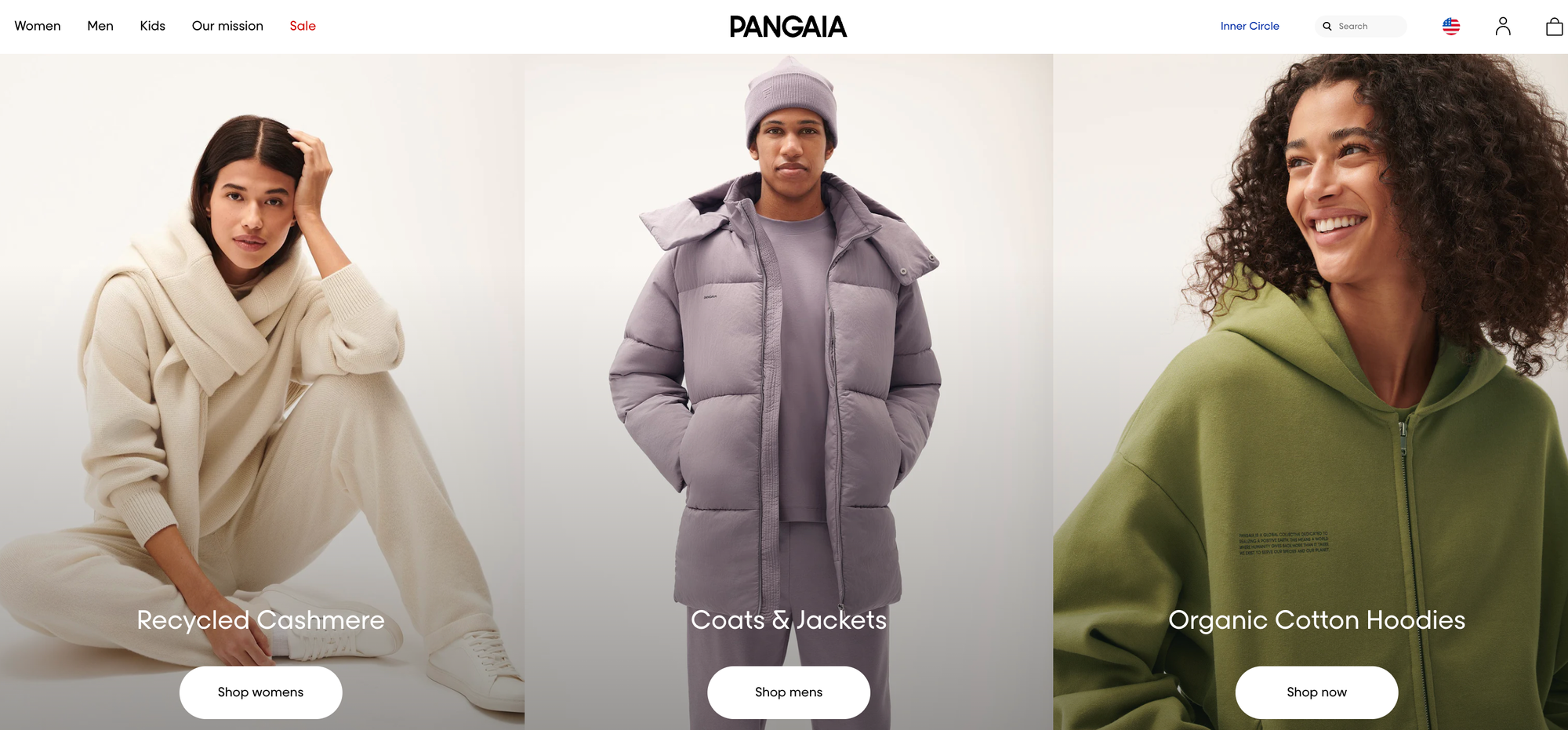
Pangaia combines material science and fashion to create sustainable garments using bio-based, recycled, and innovative materials like seaweed fiber and recycled cotton.
Mission: To design essential apparel that respects the planet while inspiring circular fashion practices.
Impact:
- Eco-Friendly Materials: Reduces reliance on resource-intensive raw materials.
- Closed-Loop Systems: Focuses on recycling and repurposing worn-out garments.
- Education: Raises awareness about sustainable choices among consumers.
Retraced: Blockchain for Transparent Fashion
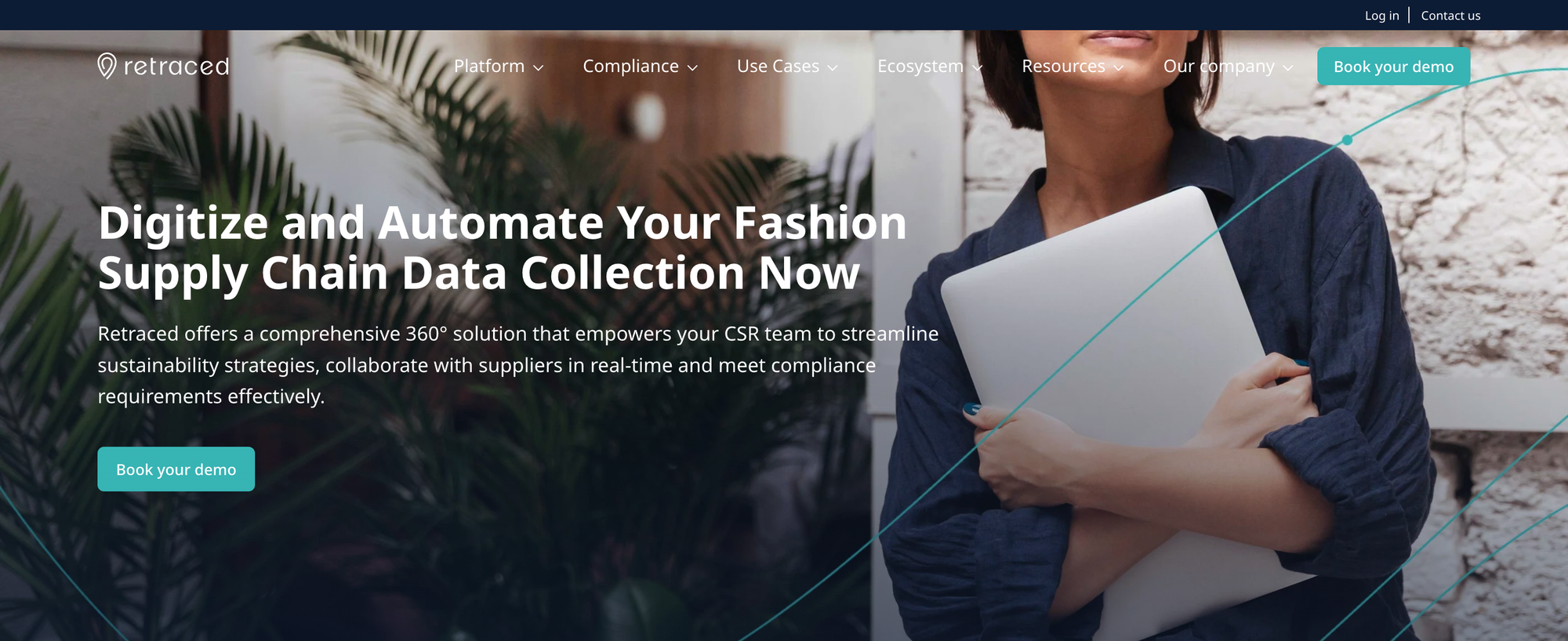
Retraced uses blockchain technology to enhance transparency in the fashion supply chain. The platform allows brands and consumers to track every stage of a garment’s lifecycle, ensuring ethical sourcing and sustainable production practices.
Mission:
To empower brands and consumers with actionable insights into the environmental and social impact of their clothing, fostering accountability and trust.
Impact:
- Transparency: Ensures visibility into raw material sourcing, production processes, and labor conditions.
- Consumer Empowerment: Enables consumers to make informed purchasing decisions based on sustainability metrics.
- Brand Accountability: Helps brands identify and address areas of improvement in their supply chains.
Loop Swim: Sustainable Swimwear from Ocean Plastics

Loop Swim creates stylish swimwear using recycled ocean plastics. Their focus on circular production ensures that old swimwear can be returned, recycled, and turned into new products.
Mission: To eliminate plastic waste in oceans by turning it into high-performance swimwear.
Impact:
- Ocean Cleanup: Repurposes ocean plastics into functional fashion.
- Circularity: Offers a take-back program to recycle worn-out swimwear.
- Eco-Consciousness: Inspires consumers to choose sustainable swimwear options.
MUD Jeans: Pioneering Circular Denim
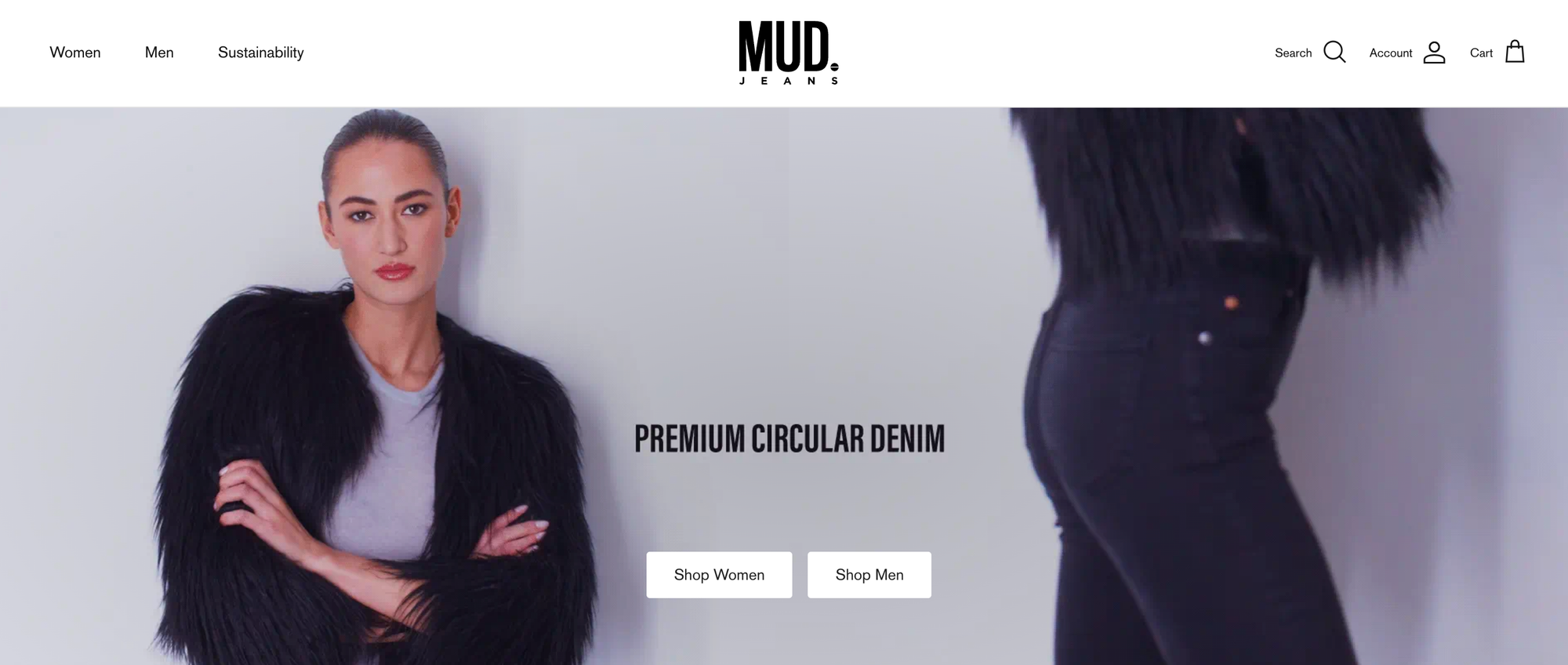
MUD Jeans offers sustainable jeans made from organic and recycled cotton. Customers can lease jeans, and when they’re worn out, return them to be recycled into new denim.
Mission: To create circular denim that minimizes environmental impact and promotes sustainable consumption.
Impact:
- Water and Energy Savings: Uses innovative production methods to reduce resource consumption.
- Recycling: Ensures old jeans are transformed into new garments.
- Consumer Engagement: Introduces leasing as a circular alternative to ownership.
Circular Systems: Innovative Textile Recycling
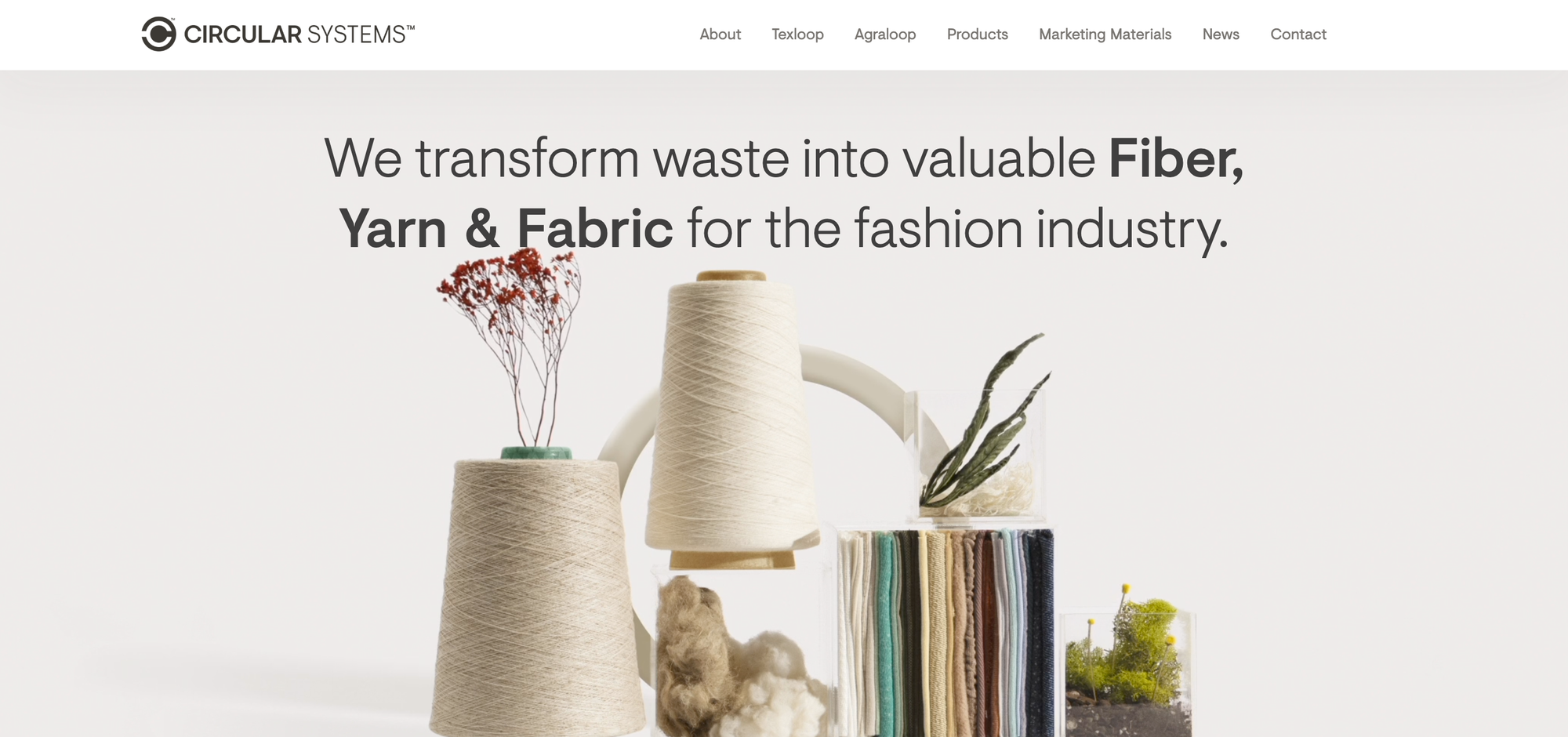
Circular Systems develops revolutionary technologies for recycling food crop waste and textile waste into high-quality fibers for fashion and industrial use.
Mission: To eliminate textile waste and create sustainable fiber alternatives that support circular economies.
Impact:
- Agricultural Waste: Converts crop residues into biofibers.
- Closed-Loop Manufacturing: Keeps textiles in circulation through advanced recycling processes.
- Industry Adoption: Partners with brands like H&M to integrate recycled fibers into mainstream collections.
Resortecs: Smart Recycling with Dissolvable Threads
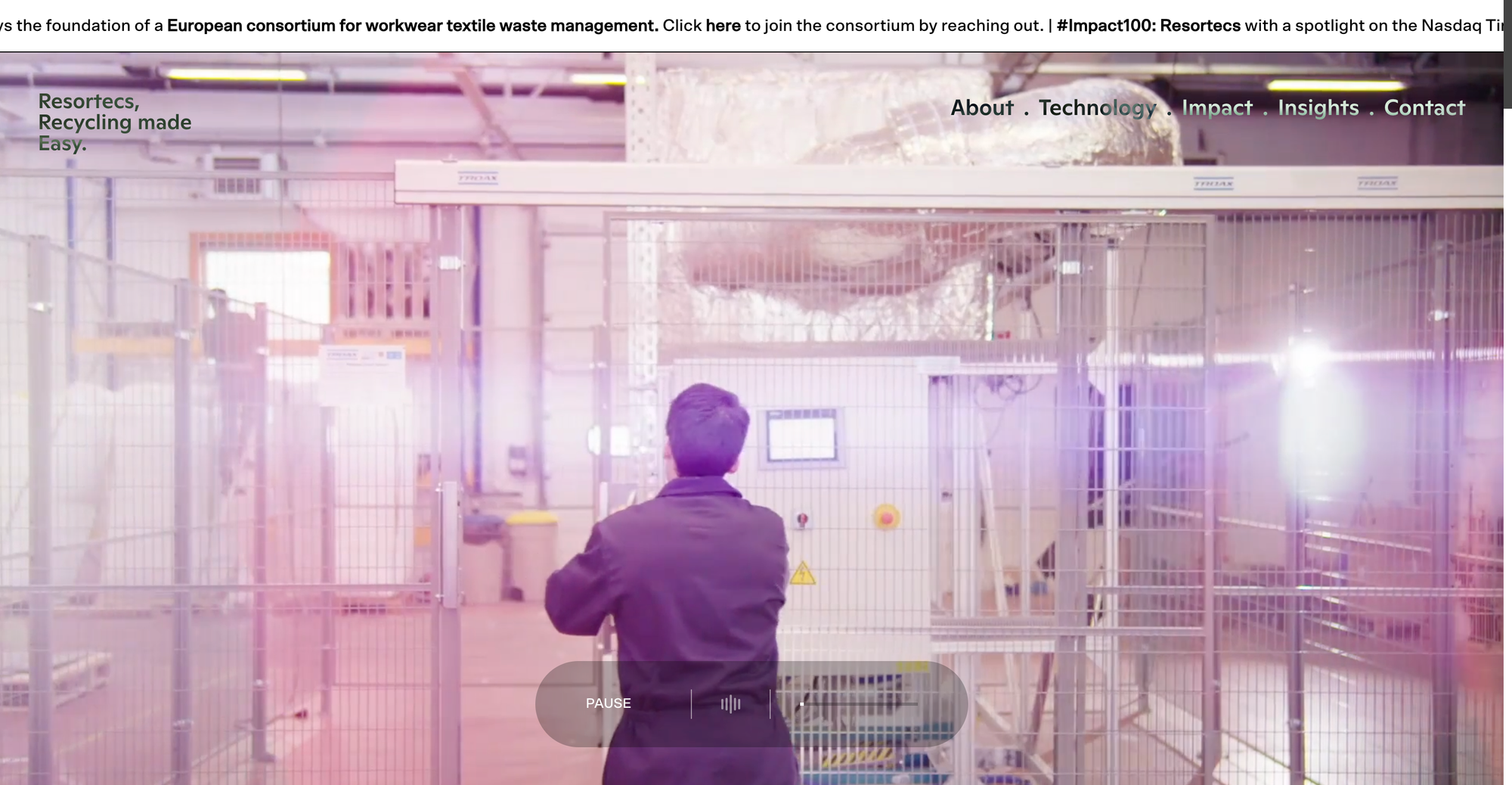
Resortecs has developed SmartStitch, a dissolvable thread that simplifies garment disassembly for recycling. Their innovation streamlines the recycling process and supports circular production cycles.
Mission: To make fashion recycling more efficient and scalable by enabling easy garment disassembly.
Impact:
- Efficient Recycling: Reduces the time and cost of sorting and processing garments for recycling.
- Sustainability: Encourages brands to design products with recycling in mind.
- Industry Adoption: Partners with major fashion labels to implement their technology.
Salubata: Transforming Plastic Waste into Footwear
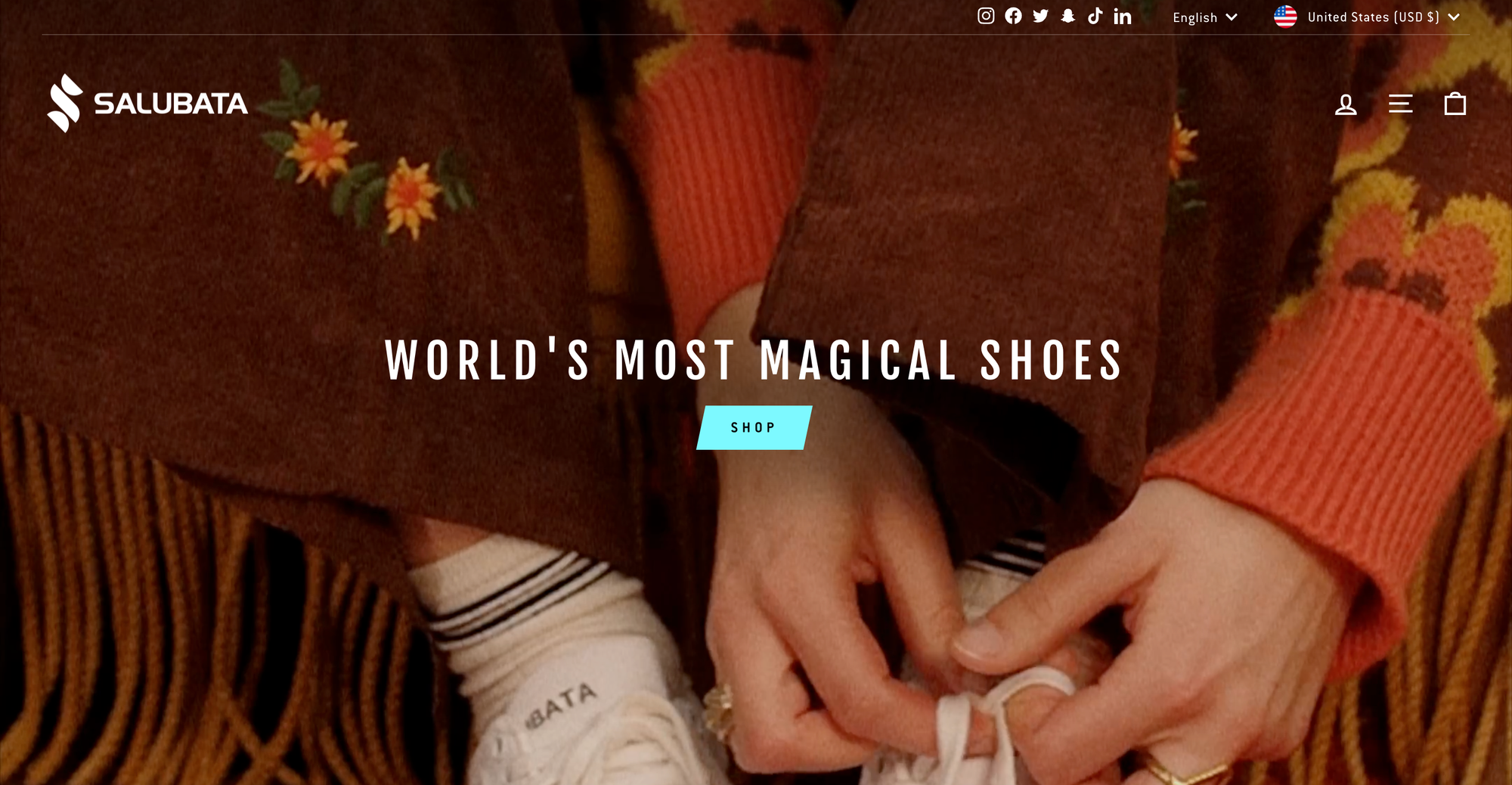
Salubata creates customizable shoes using recycled plastic waste. The company’s innovative modular shoe designs are both functional and stylish, offering a sustainable alternative to conventional footwear.
Mission: To reduce plastic pollution by turning waste into high-quality, customizable footwear.
Impact:
- Pollution Reduction: Recycles large volumes of plastic waste, particularly in urban areas.
- Economic Empowerment: Creates jobs and supports local economies by sourcing and processing waste materials.
- Global Awareness: Encourages consumers to make environmentally friendly choices in footwear.
circular.fashion: Enabling Circular Design
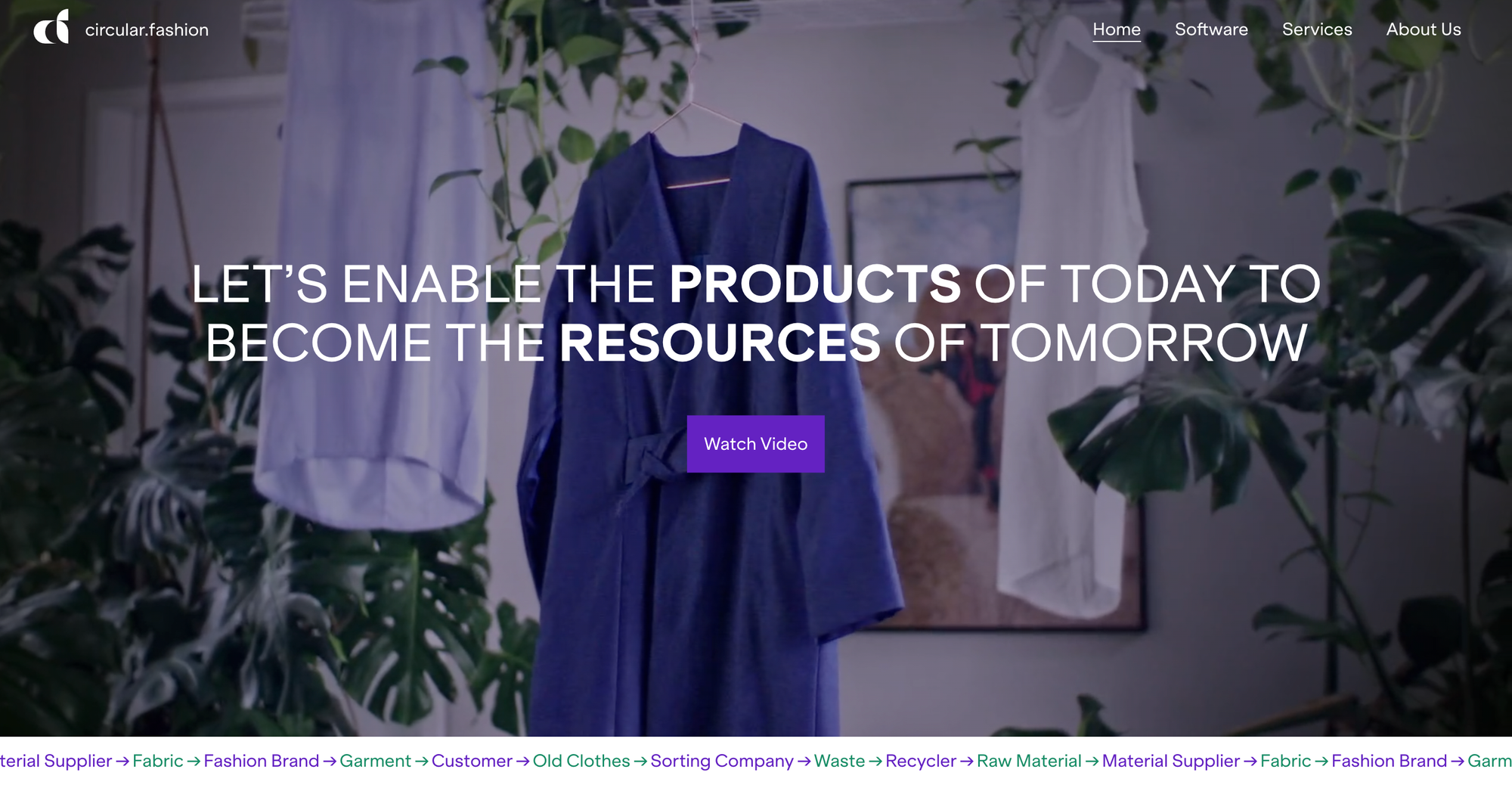
Based in Germany, circular.fashion provides digital tools and services to help designers and brands create garments optimized for recycling. Their platform integrates circular design principles, making it easier to produce recyclable and repairable clothing.
Mission: To empower the fashion industry with tools and knowledge for designing products that align with a circular economy.
Impact:
- Design for Longevity: Encourages brands to design durable and repairable clothing.
- Recyclability: Ensures that garments can be efficiently broken down and reused.
- Education and Collaboration: Offers resources and workshops to educate brands and designers about sustainable practices.
Subscribe on Apple Podcasts
Subscribe on Spotify
Subscribe on Amazon Music







